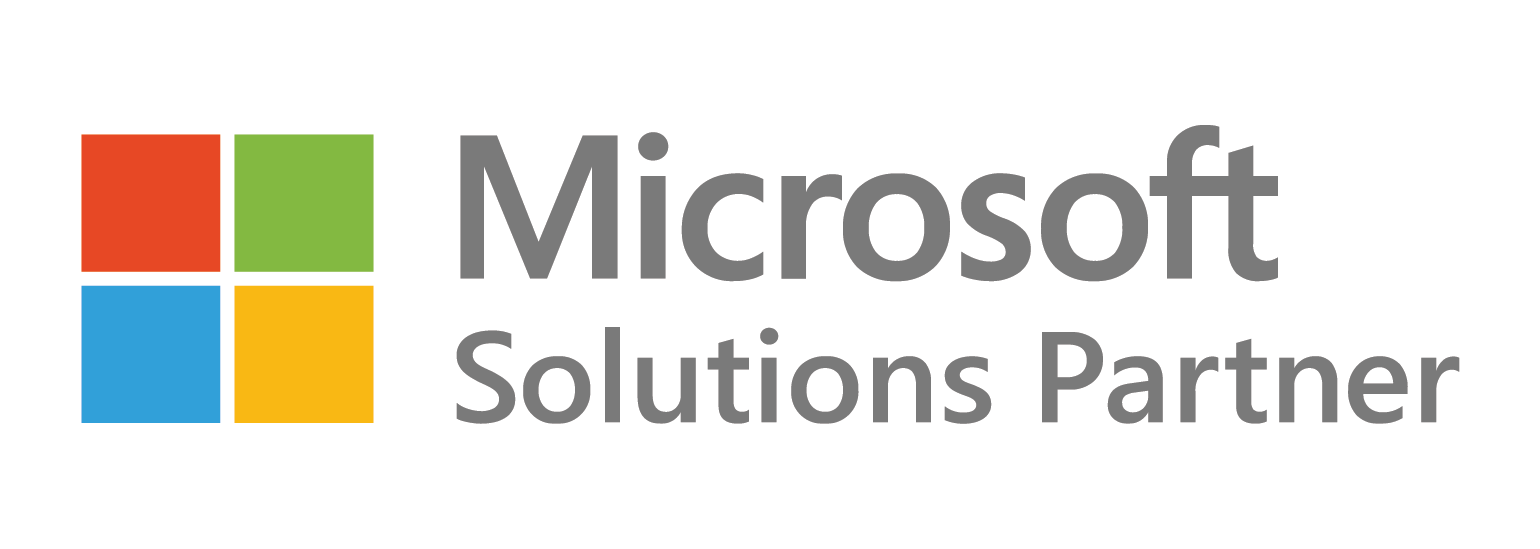The holy month of Ramadan is a time of spiritual reflection and worship for Muslims around the world. However, it is also a time of increased economic activity, particularly in the e-commerce sector. With millions of Muslims fasting during the day and shopping online at night, e-commerce companies have the potential to reap huge profits during this time. In this article, we will explore the top 10 industries that can expect to see high profits during Ramadan in the e-commerce sector.
What are the top 10 industries that get big profits in the month of Ramadan?
Food and Beverage

As Muslims fast during the day, there is a huge demand for food and beverages to break their fast in the evening. Ecommerce platforms can expect to see high demand for traditional Ramadan foods such as dates, dried fruits, and nuts. In addition, restaurants and food delivery services can expect to see an increase in orders for iftar (the evening meal that breaks the fast) and suhoor (the meal eaten before the fast begins).
Clothing and Fashion
Ramadan is a time when Muslims dress up in their best clothes to attend iftar gatherings and Taraweeh prayers (special nightly prayers during Ramadan).
E-commerce platforms can expect to see high demand for traditional Islamic clothing such as abayas, hijabs, and thobes, as well as more modern clothing items.
Beauty and Personal Care
During Ramadan, Muslims are encouraged to take care of their physical appearance as well as their spiritual well-being. E-commerce platforms can expect to see high demand for beauty and personal care products such as cosmetics, perfumes, and skincare products.
Travel and Tourism
Many Muslims choose to travel during Ramadan to visit family and friends or to perform Umrah (a non-mandatory pilgrimage to Mecca). E-commerce platforms can expect to see high demand for travel-related services such as flights, hotel bookings, and transportation.
Electronics and Gadgets
With many people staying up late during Ramadan, there is a high demand for electronics and gadgets such as smartphones, tablets, and laptops. E-commerce platforms can expect to see increased sales of these items during the month.
Home Decor and Furnishings
Ramadan is a time when families gather together for iftar and suhoor, and many Muslims choose to decorate their homes for the occasion. E-commerce platforms can expect to see high demand for home decor items such as lanterns, tableware, and cushion covers.
Books and Literature
Ramadan is also a time when Muslims focus on spiritual growth and reflection. E-commerce platforms can expect to see high demand for Islamic books, literature, and other educational materials.
Jewellery and Accessories
Muslims often wear traditional jewellery and accessories during Ramadan, particularly during iftar gatherings and Taraweeh prayers. E-commerce platforms can expect to see high demand for items such as Islamic-themed bracelets, necklaces, and earrings.
Gifts and Souvenirs
During Ramadan, Muslims often exchange gifts with family and friends, particularly during Eid al-Fitr (the festival that marks the end of Ramadan).
E-commerce platforms can expect to see high demand for gift items such as chocolates, flowers, and personalized items.
Fitness and Health
Many Muslims use Ramadan as an opportunity to focus on their health and fitness. E-commerce platforms can expect to see high demand for fitness-related products and services such as gym memberships, workout clothes, and exercise equipment.
conclusion
Ramadan is a time of increased economic activity in the e-commerce sector, particularly in the 10 industries outlined above. By understanding the needs and preferences of Muslim consumers during this time, e-commerce platforms can position themselves for high profits and success.



